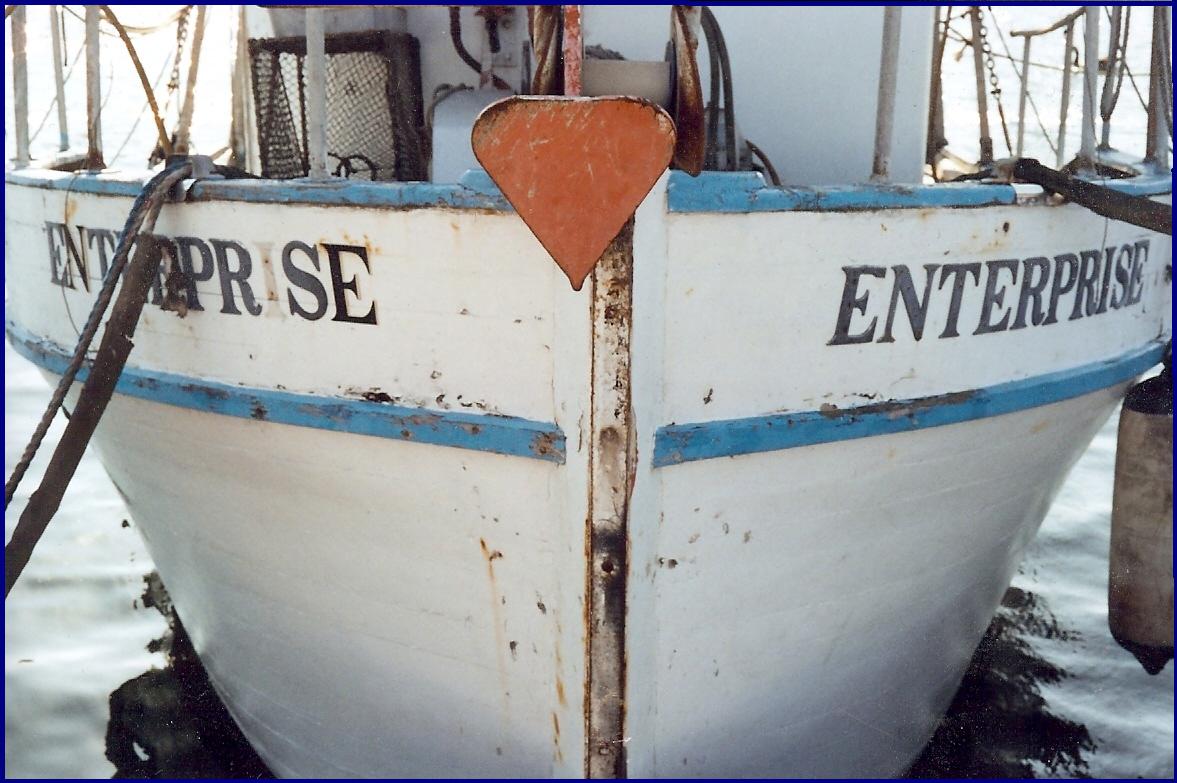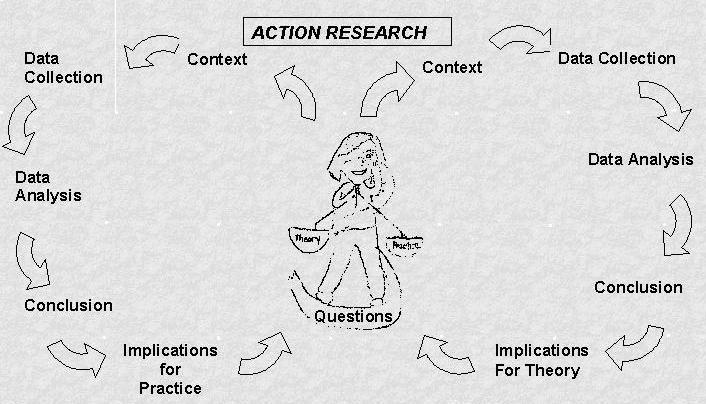Early in the twentieth century, Kurt
Lewin and John Dewey were among those theorizing that
individuals closest to problems impeding desired goals are the ones
best equipped to generate and share knowledge leading to workable
solutions. Today, many scholars and practitioners claim there is a rift
between theory and practice, which leads to impractical policies
intended to resolve such problems as the achievement gap in literacy.
This could be due to a lack of intuitiveness in the constructs drawn
from theoretical research. This is particularly apparent in the
theoretical constructs meant to explain the role of language in the
development of phonological awareness, as well as in previous theories
of staff development. Action research, in the spirit of Lewin and
Dewey, is strengthening the link between theory and practice; thus
creating a potentially seamless system to generate and share knowledge
concerning literacy, language, self study, and teacher development.
The
conceptual framework above captures this system. Theoretical research
creates a knowledge base. However, context impacts how such
theories or policies developed from these theories play out in the
classrooms. It could be focused actions within these varied
contexts that could transfer intuitiveness into theoretical models.
The kindergarten and first grade phonological project,
outlined in the research
plans section, is as example of the beginning of such a
research agenda. We are looking for effective ways to guide diverse
students in developing phonological awareness, and each teacher has a
different angle depending on the questions each is asking. As a result
there is a second layer to this project that brings in teacher learning
and development. Self study is an excellent methodology to help sustain
and document this layer as I ensure I am bringing theory and practice
together as I work with teachers. The intent is to frame and
disseminate the project in a way that would allow the process to be
replicated and extended by other scholars/practitioners. The hope is
that this body of work finds its way to more theoretical research, thus
incorporating processes and intuitiveness into constructs informing
policies guiding literacy and teacher development decisions.

